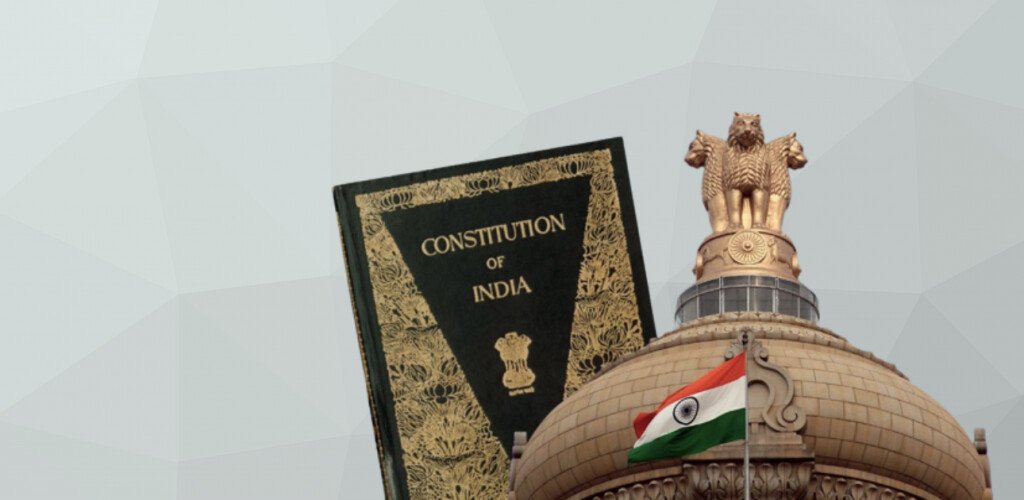By: Shashanka Das
The Assam government’s decision to table the Assam Repealing Bill, 2024, which seeks to annul the Assam Muslim Marriages and Divorces Registration Act, 1935, is a momentous step that warrants deep reflection. The initiative, ostensibly aimed at modernizing the legal framework surrounding Muslim marriages and divorces, reflects broader socio-political currents in India. The repeal of a colonial-era statute, while introducing a new legislative framework, signifies a shift not only in legal paradigms but also in the state’s approach to the social fabric of Assam’s Muslim community.
The Context of Repeal
The Assam Muslim Marriages and Divorces Registration Act, 1935, was a product of its time—a legal instrument devised under British India to manage the registration of Muslim marriages and divorces in Assam. It was part of a broader colonial strategy to codify personal laws based on religious communities. While the Act did provide a legal avenue for the registration of marriages and divorces among Muslims in Assam, it was, in essence, a non-compulsory framework. The machinery of registration under this Act was informal, and compliance was largely voluntary, leading to widespread instances of non-registration and, by extension, the potential for legal ambiguities.
The state’s new move to repeal this Act must be viewed in light of these historical shortcomings. Minister Jogen Mohan’s statement highlights the inherent weaknesses of the 1935 Act—its susceptibility to misuse by both registrars and citizens, particularly in the context of underage marriages. The Act, being outdated, fails to align with the modern legal standards that aim to safeguard the rights of individuals, especially women and children.
The Introduction of the Assam Repealing Bill, 2024
The Assam Repealing Bill, 2024, is positioned as a corrective measure—a legislative attempt to replace an archaic law with a more robust and compulsory framework. The Bill proposes to annul not only the Assam Muslim Marriages and Divorces Registration Act, 1935, but also the associated Rules of the same year. This repeal is not merely a symbolic act of discarding a colonial relic; it is a substantive shift towards enforcing stricter legal standards in the registration of marriages and divorces within the Muslim community.
This move aligns with the Assam government’s broader strategy, as evidenced by the simultaneous introduction of the Assam Compulsory Registration of Muslim Marriages and Divorces Bill, 2024. This proposed legislation is intended to strengthen the institution of marriage by making registration compulsory, thereby ensuring legal recognition and protection. The emphasis on compulsory registration is a clear response to the perceived inadequacies of the 1935 Act, where non-registration often left individuals, particularly women, vulnerable to exploitation and legal uncertainties.
The Rationale Behind the Legislative Shift
The Assam government’s rationale for this legislative overhaul is rooted in its desire to prevent the “menace” of child marriage and unauthorized divorces. Minister Jogen Mohan’s statement of objectives and reasons outlines the potential for the 1935 Act to be misused, particularly in cases where marriages involve minors. By not mandating registration and by allowing a lax system of oversight, the Act inadvertently facilitated underage marriages—a practice that the current government is keen to eradicate.
Chief Minister Himanta Biswa Sarma’s assertion that the new Bill will be in line with the Civil Code of Procedure underscores the government’s intent to bring Muslim personal law within the ambit of broader legal standards. This move, while ostensibly aimed at protecting individuals, especially women, from the “odds and evils” of non-registered marriages, also speaks to a larger agenda—one that seeks to standardize legal procedures across religious communities in Assam.
A Socio-Legal Perspective
From a socio-legal perspective, the repeal of the Assam Muslim Marriages and Divorces Registration Act, 1935, raises significant questions about the relationship between state law and religious personal law. The introduction of the Assam Compulsory Registration of Muslim Marriages and Divorces Bill, 2024, while seemingly a progressive step, must be analyzed in the context of its potential impact on the Muslim community in Assam.
On one hand, compulsory registration is undeniably a tool for empowerment. It ensures that marriages and divorces are legally recognized, thereby protecting individuals from the vulnerabilities associated with informal unions. It also provides a clear legal recourse in cases of marital disputes, offering protection to women who might otherwise be left without legal support.
On the other hand, the move towards compulsory registration raises concerns about state intervention in religious affairs. The enforcement of a uniform legal standard for marriage and divorce registration may be perceived as an encroachment on the autonomy of religious communities to manage their own affairs. This tension between state law and religious personal law is not new in India, and it often evokes strong reactions from those who view such legislative measures as a threat to religious freedom.
The Implications for Assam’s Muslim Community
For Assam’s Muslim community, the repeal of the 1935 Act and the introduction of the new Bill represent a significant shift in how their personal affairs are regulated by the state. The mandatory nature of the new registration requirements could be seen as a double-edged sword. While it offers greater legal protection, it also imposes a level of state control that some might find intrusive.
Moreover, the Bill’s potential to prevent child marriages—a goal that is undoubtedly commendable—must be balanced against the community’s need for autonomy and respect for religious traditions. The success of this legislative shift will depend largely on how it is implemented and perceived by the community it aims to serve.
Conclusion
The Assam government’s decision to repeal the Assam Muslim Marriages and Divorces Registration Act, 1935, and introduce the Assam Compulsory Registration of Muslim Marriages and Divorces Bill, 2024, is a bold legislative move that reflects broader trends in Indian governance. While the move towards compulsory registration of marriages and divorces is a step forward in protecting individual rights, it also raises important questions about the balance between state intervention and religious autonomy.
As Assam moves towards this new legal framework, it is imperative that the government ensures that the implementation of the new Bill is carried out with sensitivity and respect for the religious sentiments of the Muslim community. The success of this legislative overhaul will ultimately depend on how well it addresses the concerns of the community while achieving its stated objectives of legal protection and empowerment. (The author can be reached at shashankadas0007@gmail.com)












